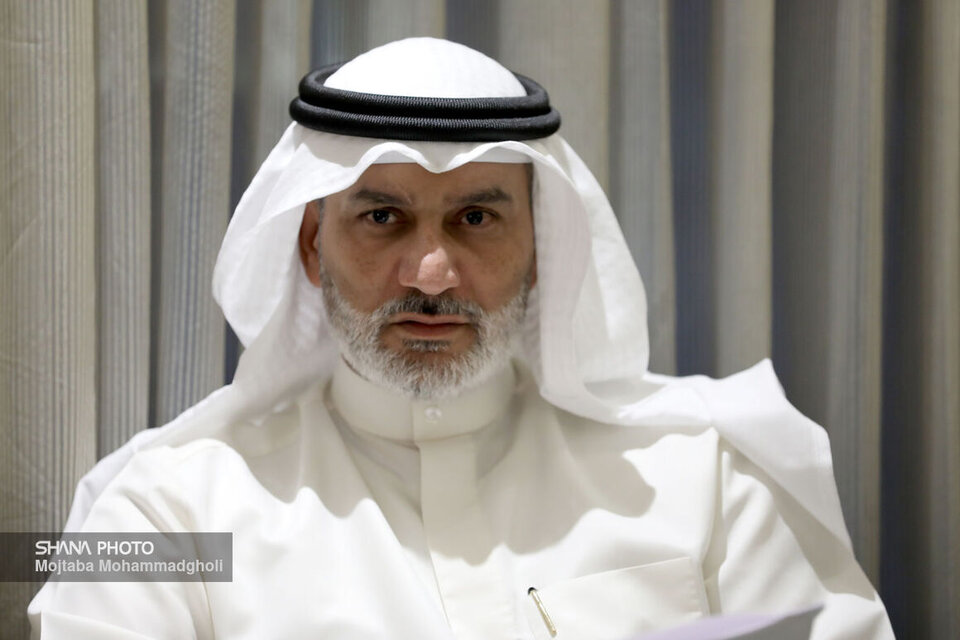Worldwide, a total investment of at least $12 trillion is needed in the oil industry between now and 2045 to prevent a spike in energy prices, Haitham Al Ghais, OPEC’s secretary-general, told CNN’s Becky Anderson at the ADIPEC energy conference in Abu Dhabi.
Underinvestment in the oil sector is “dangerous,” he warned.
“By underinvesting, we are actually endangering energy security… Without this [investment], I think there are serious possibilities that prices, the volatility, will be increasing as demand grows,” he said.
Brent crude oil, the global benchmark, has climbed 29% since a low in mid-June and last week traded near $97 a barrel – its highest level since last November – mainly on the back of extended output cuts by Saudi Arabia and Russia.
Asked whether oil is going to $100 a barrel, as some analysts have suggested, Al Ghais said OPEC didn’t forecast prices but “the factors that may lead to this number … have been there for some time and continue to be there – most notably, the under investments that we’ve seen in oil.”
“I believe it is critical that the world gets this right,” he added. “By underinvesting, we are actually endangering energy security – the world will require at least $12 trillion of investments globally for the oil industry from now to the year 2045.”
Al Ghais said population and economic growth meant there was “no way on earth” that the world’s future energy requirements could be satisfied by renewables alone, or by relying on hydrogen as an energy source.
“We have to make sure that the world has enough energy – stable, affordable, reliable, not intermittent sources of energy,” he added.
The comments come just a week after the International Energy Agency predicted that global demand for oil, natural gas and coal was likely to peak by 2030.
The IEA has called for spending on new oil and gas projects to stop immediately if the world has a chance of reducing planet-heating emissions to zero by 2050 on a net basis, taking account of all the emissions produced and removed from the atmosphere.
Fatih Birol, the agency’s executive director, told reporters last week that, despite a huge expansion in renewable energy worldwide, limiting global warming to 1.5 degrees Celsius above pre-industrial levels – the threshold beyond which extreme weather will have a catastrophic impact – remained a “herculean task.”
Achieving that goal requires global demand for fossil fuels to plunge by 25% by 2030 compared with current levels, according to IEA projections.
Al Ghais said hitting that reduction target would be a “monumental challenge” given that fossil fuel consumption as a proportion of global energy demand had barely budged in 30 years.


Your Comment